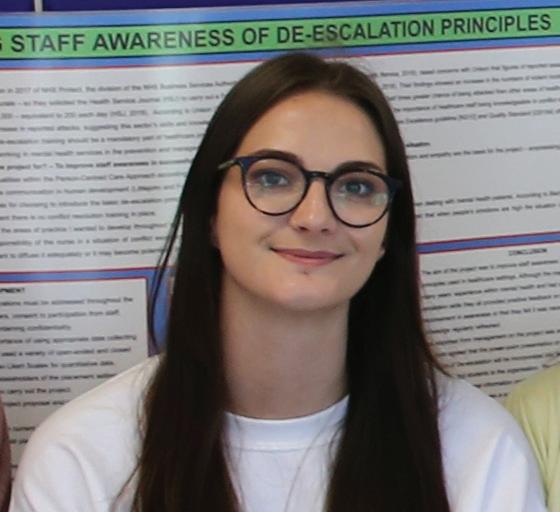
3 minute read
Your Qualifications Explained
What is Higher Education?
Higher education refers to courses which are level 4 and above. It covers a diverse range of courses and qualifications, such as first degrees, higher national diplomas and foundation degrees. Many courses take place in universities, but plenty are also taught at colleges or in partnership with specialist institutions.
Advertisement
What is a Foundation Degree?
FdA, FdSc Foundation degrees are nationally recognised qualifications focusing on a particular job or profession; they combine work place learning with academic study. The study methods can be very flexible, which means that they are available to people already in work, those wishing to embark on a career change and to those who have recently completed level 3 qualifications (e.g. A Levels, advanced apprenticeships or NVQ level 3).
A foundation degree is equivalent to two thirds of an honours degree. They aim to enhance the professional and technical skills of staff within a profession or those intending to go into that profession.
You can use a foundation degree to:
Assist with a change in career or progress your current career Gain technical and professional skills Gain professional recognition Achieve a full honours degree through further study What is a Degree?
BA, BSc, BEd, BEng undergraduate or bachelors degrees are nationally recognised qualifications consisting of academic study designed to give you an in-depth understanding of that particular subject. There are different titles and levels of degree, such as:
BA – Bachelor of Arts BSc – Bachelor of Science BEd – Bachelor of Education BEng – Bachelor of Engineering
Higher Apprenticeships
Higher apprenticeships offer a work-based learning programme and lead to a nationally recognised qualification at level 4 or 5. They offer a combination of learning in the workplace and time learning in college. HLC offer higher apprenticeships in the following subject areas; Accountancy, Health & Social Care, IT and Management. For more information please contact our Apprenticeships Team on 0800 032 1986.
Accreditation of Prior Learning (APL)
If you have previously studied at higher level, or you have equivalent experience, you may be able to get credit for this on your course at HLC. If your course is run in partnership with another institution then their APL policy will apply. In applying for APL this ‘prior learning’ could be translated into a number of credits to contribute directly to your higher level qualification.
These credits would be mapped directly to specific modules, removing the need for you to study them. If you would like to discuss APL please contact the College and ask to speak with the course tutor. They will happily go through this with you in more detail.
What are HNCs and HNDs?
An HNC is a Higher National Certificate and an HND is a Higher National Diploma. Many HNDs include the HNC within their structure. The time it takes to complete each qualification will vary between different providers. These qualifications tend to be of a more practical and vocational nature. They are designed to give you the skills to put specialist knowledge to effective use in a particular job. Usually they can be topped up to a full degree with further study. They are reputable qualifications that are highly valued by employers both in the UK and overseas, and can also count towards membership of professional bodies and other employer organisations.
Postgraduate Qualifications
These are courses for graduates of level 4 or level 5, which involve one or two years’ additional work after a degree and normally lead to a Master’s degree or other postgraduate qualification.
Ready to Apply?
Once you have decided on a course you can refer to

97% “My teachers page 74 to start your application process. encourage me to behave well and work hard”














